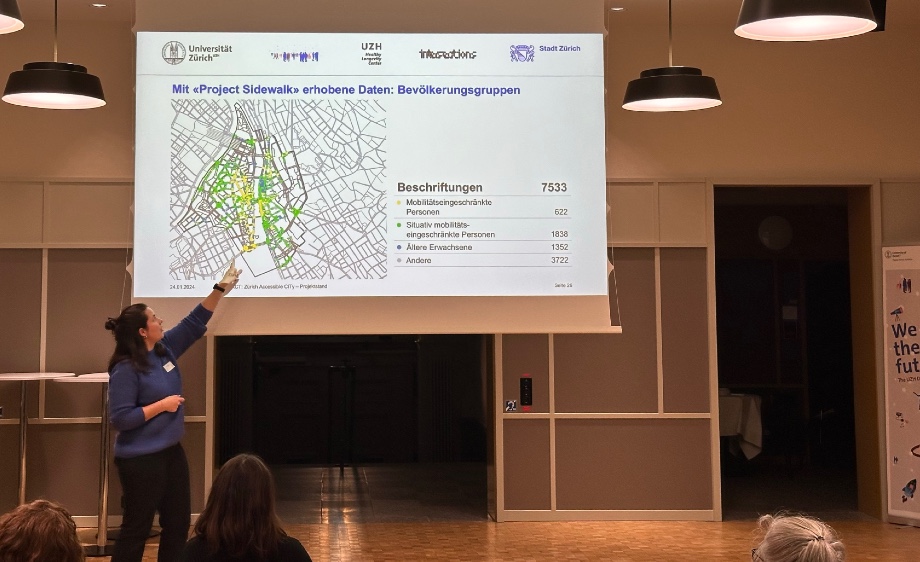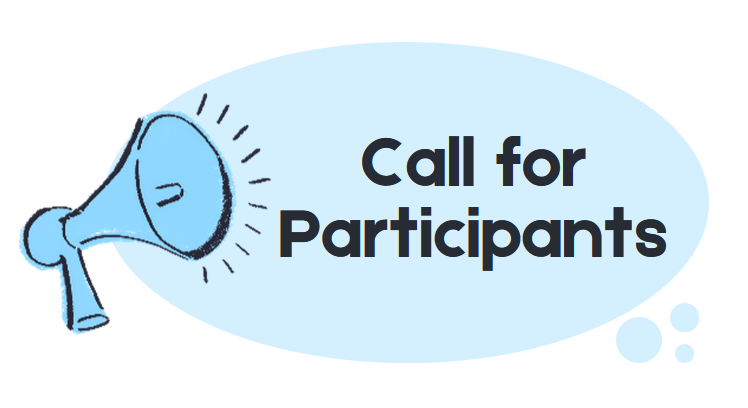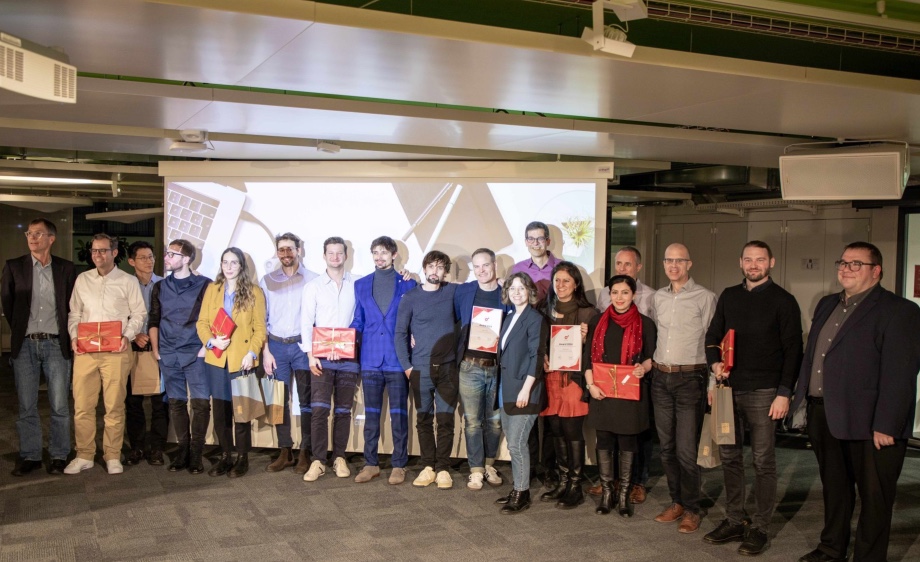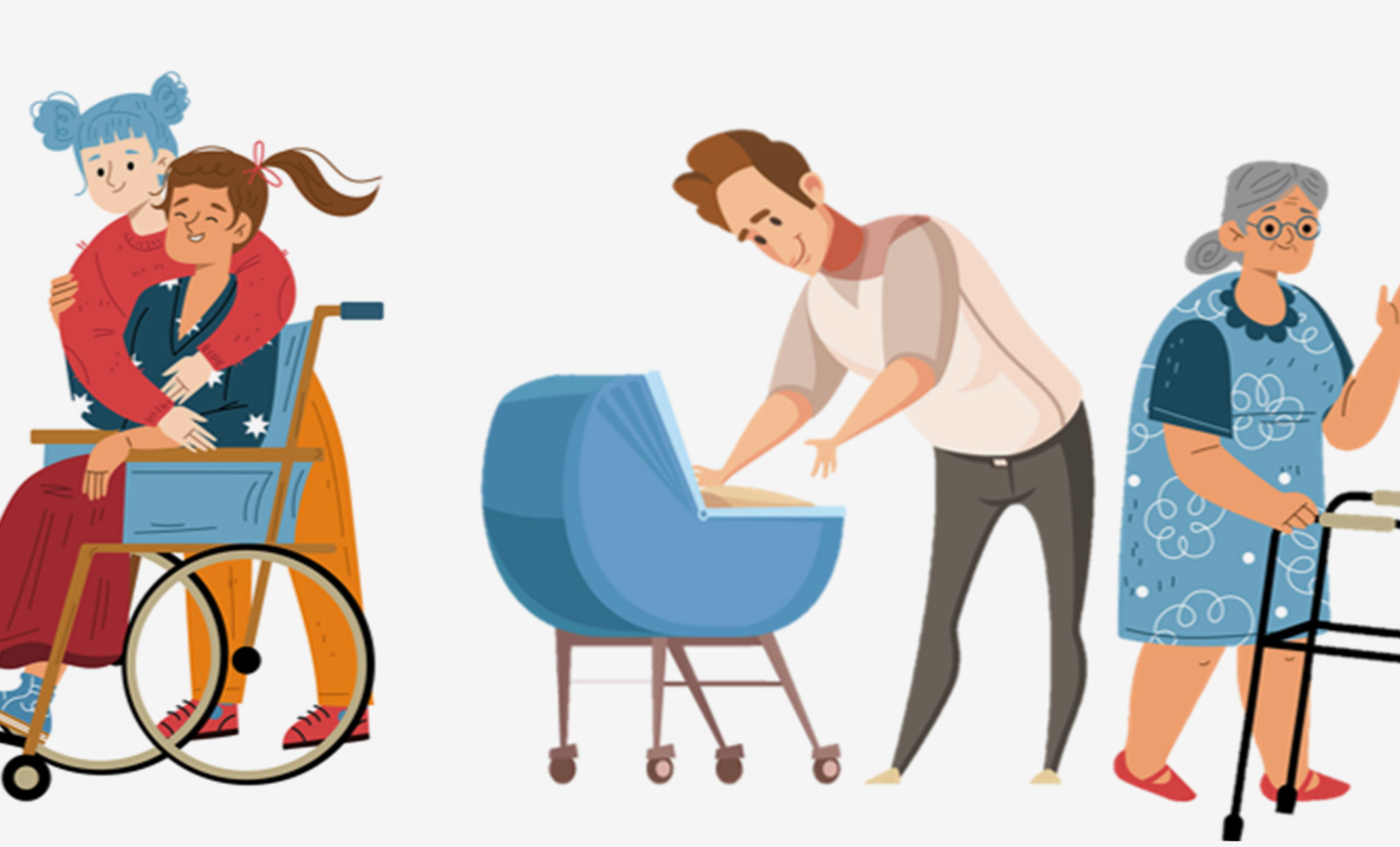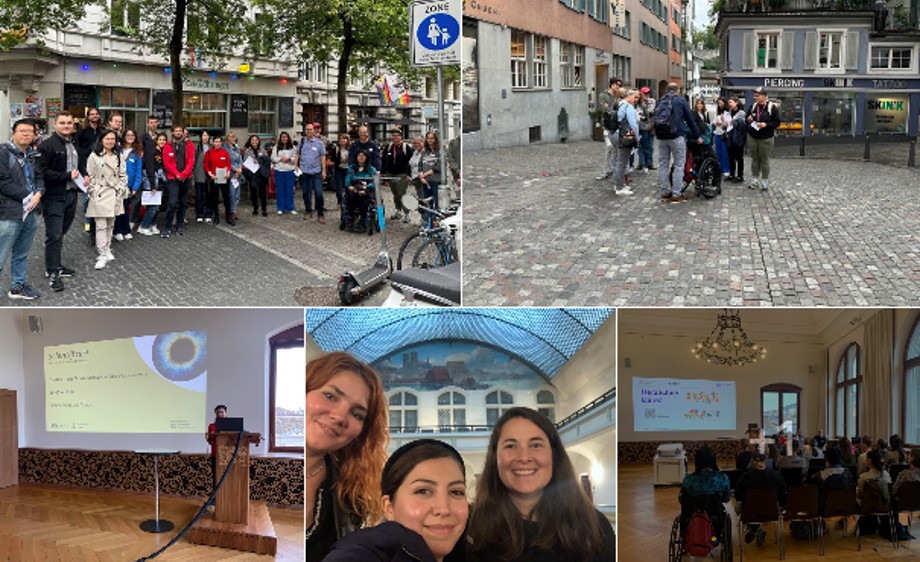ZuriACT (Zurich Accessible CiTy)
ZüriACT - Data Published on Open Data Zurich!
We are incredibly proud to announce that the first version of ZüriACT data has been published on Open Data Zurich. This dataset includes over 9,000 data points, capturing sidewalk accessibility elements such as curb ramps, crosswalks, surface problems, obstacles, and more—factors essential for the mobility and accessibility of individuals with mobility restrictions. These data were collected by our amazing participants, including adults with and without age-related mobility restrictions, individuals with situational mobility impairments (e.g., caregivers), and people with mobility impairments.
Follow-up Project Announcement
We are pleased to announce the successful realisation of our “ZuriACT: Zurich Accessible City” pilot study, with our heartfelt thanks to all participants for their invaluable contributions. The insights and data gathered have been instrumental in shaping the next phase of our research.
Building on the achievements of the ZuriACT project, we are excited to introduce our follow-up initiative ZuReach, short for “Zurich Urban Reachability & Accessibility Enhancement through Digital Technology”.
The ZuReach is a participatory research project in collaboration with practice partners that aims to provide a scalable and regularly updated database containing comprehensive sidewalk accessibility information in Zurich. This initiative also plays a pivotal role in advancing digital methods and tools that harness the power of this enriched dataset to offer practical solutions for individuals with mobility restrictions. As a result, it holds the potential to make a profound impact across various domains, including social, scientific, political, economic, and environmental.
A huge thank you to ZuriACT's dedicated participants for making this possible
Stay tuned about about ZuReach:
ZuReach Website
Barrier-free and inclusive mobility in the city of Zurich

Flyer as PDF (EN) (PDF, 239 KB)
The University of Zurich, in collaboration with the city of Zurich, is launching the pilot project “ZuriACT: Zurich Accessible CiTy” for barrier-free and inclusive mobility in District 1 of the city of Zurich.
Existing routing services and digital maps fail to provide practical navigation guidance for disabled people in terms of mobility due to the lack of relevant information (e.g., sidewalk inclination, crossings, and ramps) to the needs of these user groups, which results inincomplete routing results or results that may not always reflect real-world conditions.
The ZuriACT pilot project aims to remedy this situation by providing a basis for a systematic collection and enrichment of accessibility features with and for citizens in Zurich. Valuable know-how from the "Digital Society Initiative", the competence center for co-designing the digital transformation of society and science at the University of Zurich, will be incorporated into the project.
- In workshops and focus group discussions, the initial data collection specifications developed by the project team will be further discussed with citizens in order to collect key information about the relevant accessibility features to be collected, the data collection design, and methodology and make sure that the needs, knowledge, demand, and interests of the involving participants have been taken into account in all the stages of the project.
- In data crowdsourcing, with the help of digital web tools that allow for virtual inspections and measurements of accessibility features by using street view images, we contribute to collecting and enriching accessibility information of the city of Zurich. The enriched data will serve as a basis for personalized routing services that consider the needs of disabled people in terms of mobility.
We are still looking for participants
For the project described above, we are looking for community-dwelling older adults with agerelated mobility impairments, parents with pushchairs, disabled people in terms of mobility, and their relatives or caregivers who would like to share their know-how and help contribute to the inclusivity of the city of Zurich. Participation will be compensated with a contribution towards expenses.
Register now for our citizen science project and help us lay the groundwork to make the city of Zurich more accessible for everyone.
To participate, you must be at least 18 years old.
https://www.uzh.ch/zi/cl/
Do you have any questions?
Please send us an email: ZuriACT_info@dsi.uzh.ch
Hoda Allahbakhshi, Project leader (Language: English)
Annina Ardüser, Research assistant (Language: German)
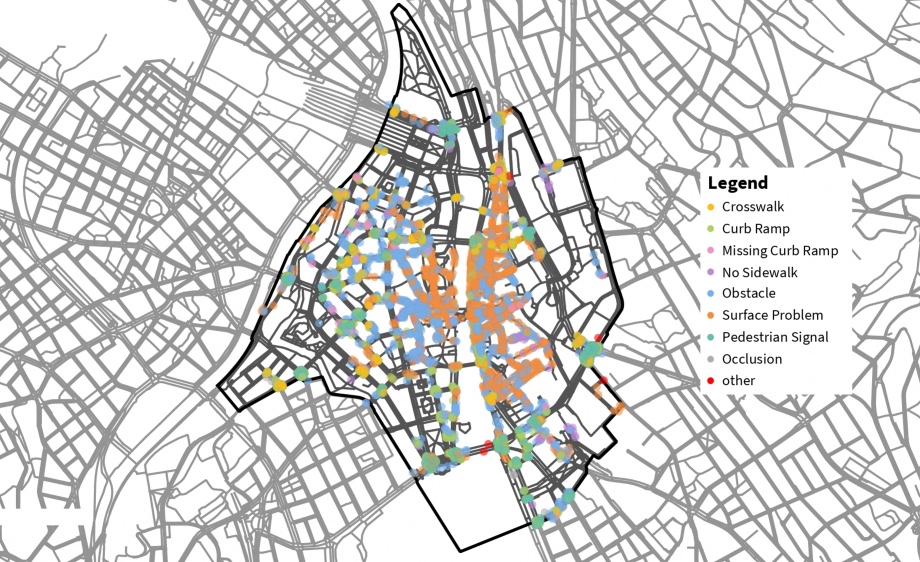
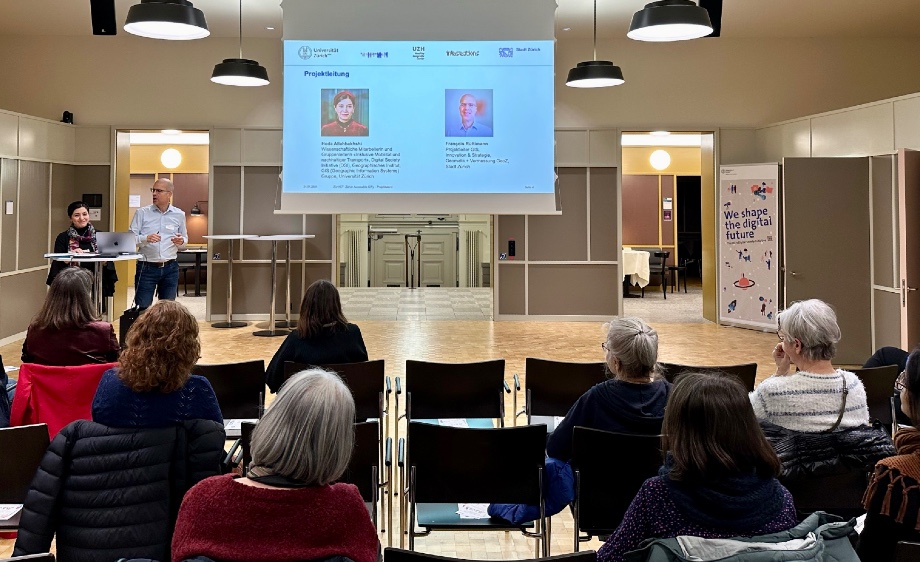
.jpg)
